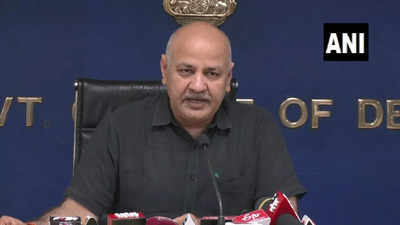
Arrested in February last year, Sisodia is under investigation for alleged corruption and money laundering linked to the now-abandoned Delhi liquor policy of 2021-22. A bench consisting of Justices BR Gavai and KV Vishwanathan interrogated the feasibility of conducting a trial with the numerous witnesses involved. The court raised concerns about the realistic duration for concluding the proceedings, noting the substantial list of witnesses.
The court's skepticism stemmed from the staggering number of witnesses—nearly 493—listed for the trial. Justice Vishwanathan emphasized the need for practicality, urging the investigating agencies to be realistic about the situation. The defense has been accused by the prosecution of causing delays by demanding inspection of irrelevant documents.
Additional Solicitor General (ASG) SV Raju, representing both the CBI and the ED, contended that Sisodia has been stalling the trial by requesting access to documents not central to the case. He suggested that the trial could commence within a month of framing the charges, allowing key witnesses to be examined promptly. Raju also stressed that the delays should be attributed to Sisodia and that he should not benefit from the trial's postponement.
Raju further asserted that Sisodia, given his influential position, could potentially tamper with evidence if granted bail. This claim was strongly refuted by senior advocate Abhishek Manu Singhvi, representing Sisodia. Singhvi highlighted that Sisodia has already served a significant portion of the minimum sentence and underscored the prosecution's delays in beginning the trial. He pointed out the logistical challenges posed by the volume of digital evidence, which would take an extended period to copy and inspect.
The Supreme Court’s reserved order marks another critical juncture in the high-profile case, reflecting the complexities and challenges of navigating through a trial involving extensive documentation and numerous witnesses. As the legal proceedings continue, the spotlight remains on the investigative processes and the judicial scrutiny applied to ensure a fair trial.
The Delhi liquor policy case has been a significant legal and political issue, attracting widespread attention due to its implications for governance and public policy. Sisodia's involvement and the subsequent legal battles underscore the intricate dynamics between political power and judicial accountability.
For further updates on the developments of this case, keep an eye on reputable news sources and official judicial announcements.
